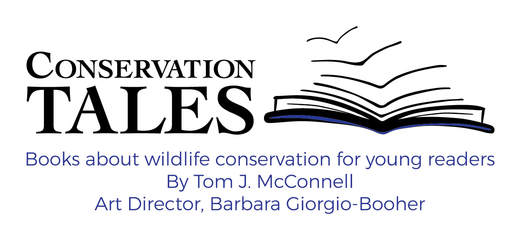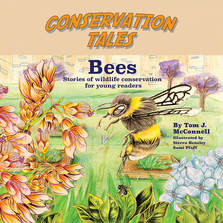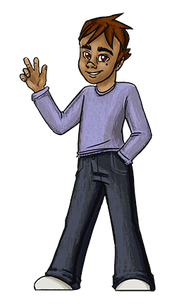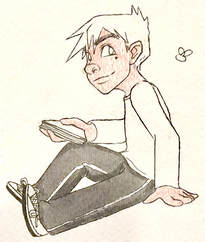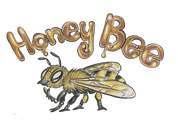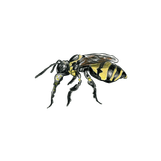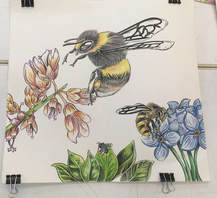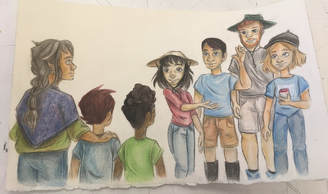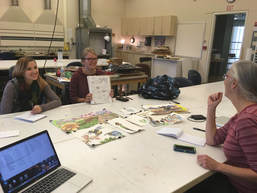|
Bees might be one of the most important insects in the world, at least for humans! Most of the fruits and vegetables we eat depend on bees or other pollinators to help them reproduce. So these small insects are crucial to agriculture. Most of us are familiar with honey bees, but did you know there are hundreds of other bee species that are native to our environments in the U.S.? But for the last decade, bees have been in trouble! In addition to a parastic mite and a virus, there have been mysterious disappearances of entire colonies of honey bees, called "Colony Collapse Disorder." Native bee species are also declining at an alarming rate. Some scientists want to know if pesticides are contributing to the loss of bee populations... and looking for ways to protect bees! Come find out more about bee conservation and the ways scientists are studying them! Illustrations by Sami Pfaff & Sierra Hensley Art Director - Barbara Giorgio-Booher Graphic Designer - Natalie Rokosz Content Consultants - Joe Zientek, Caleb Wilson, Kyla Scher, Rachel Bush, & Dr. Mary Jamieson (Oakland University); Dr. Christian Krupke, Brooke Dennis (Purdue University) LEARNING LINKS
Conservation Tales: Bees Featured Activity - Bumblebee Watch! from the Xerces Society
Guided Reading Questions Teachers, you can download these Guided Reading questions to use with your students in class. Teacher version and student version available! |
Members of the Bee team visited with researchers at Oakland University in Michigan and at Purdue University in West Lafayette, IN, to learn about bee conservation. Site visits included sampling at community gardens near Detroit, soybean fields in northwest Indiana, and Purdue's apiary.
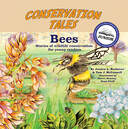
NEW ADDITION!
Conservation Tales Junior! Bees is one of the books new revised as part of the Conservation Tales Junior series! Click here to find out more about this version written for Pre-K through 2nd Grade readers. Supporting Partners
|
|
Sketches take shape as Sami and Sierra develop their illustrations.
|
The Bee Team discussing storyboards and sketches at a weekly meeting.
|
